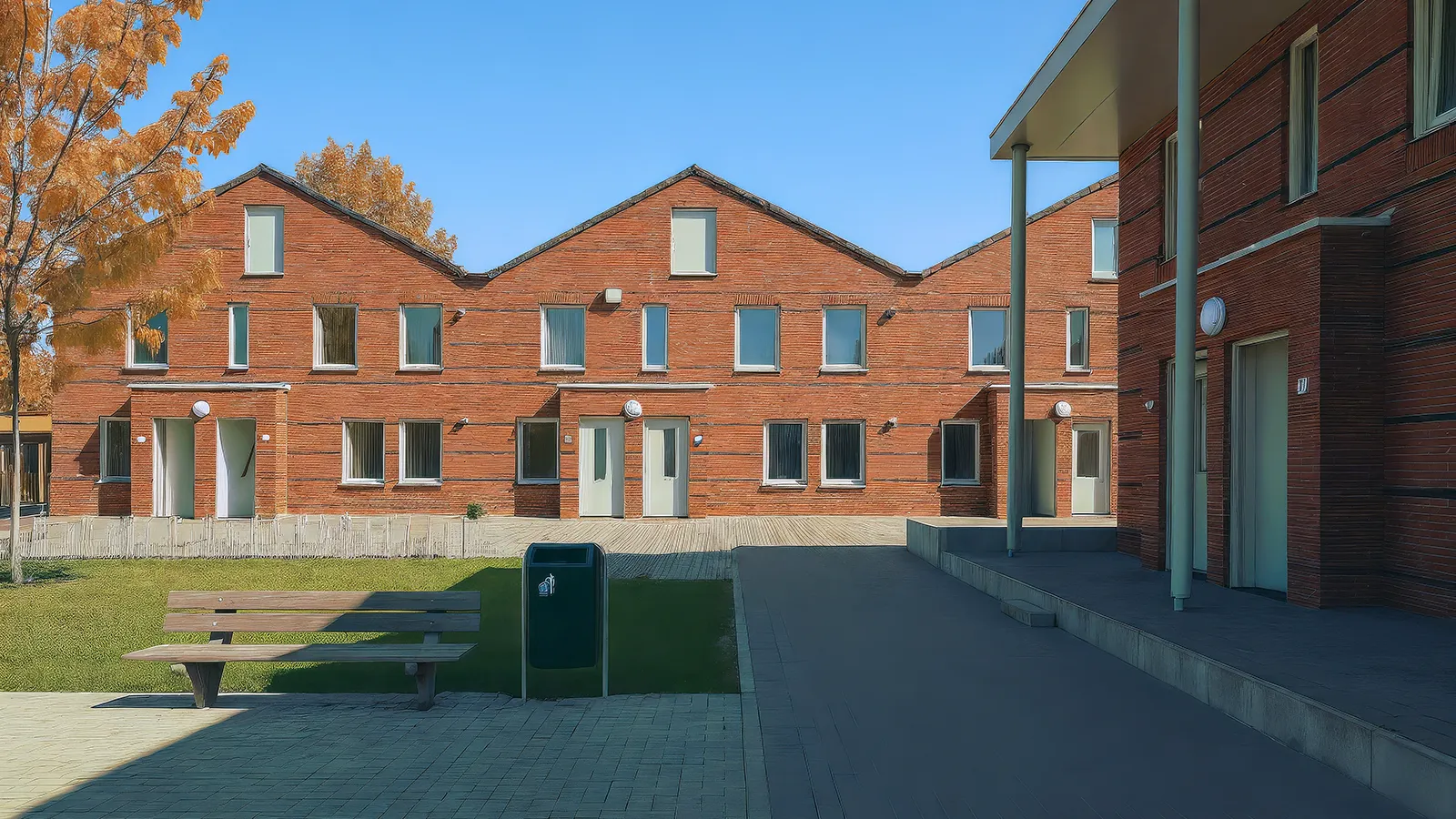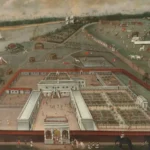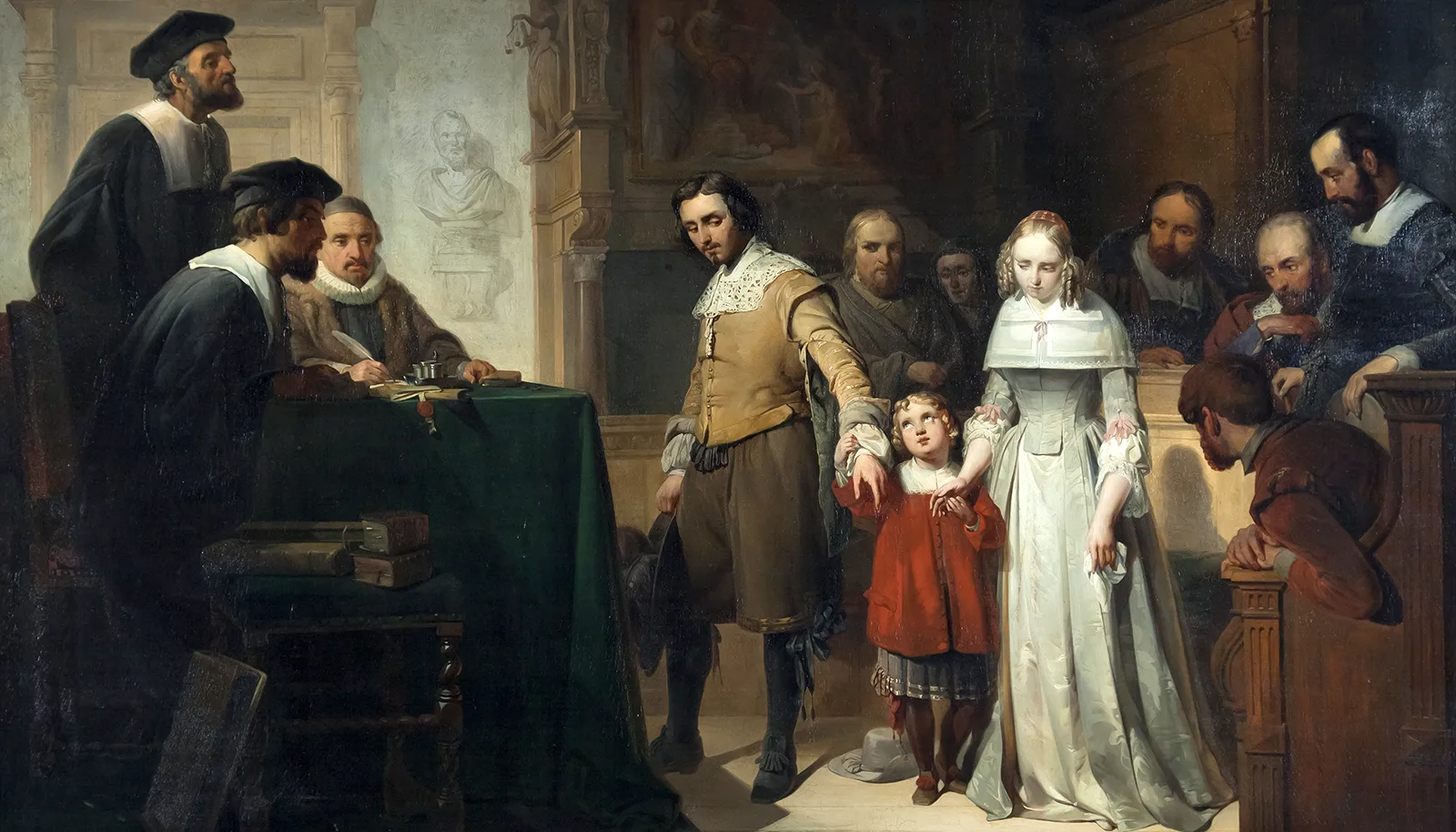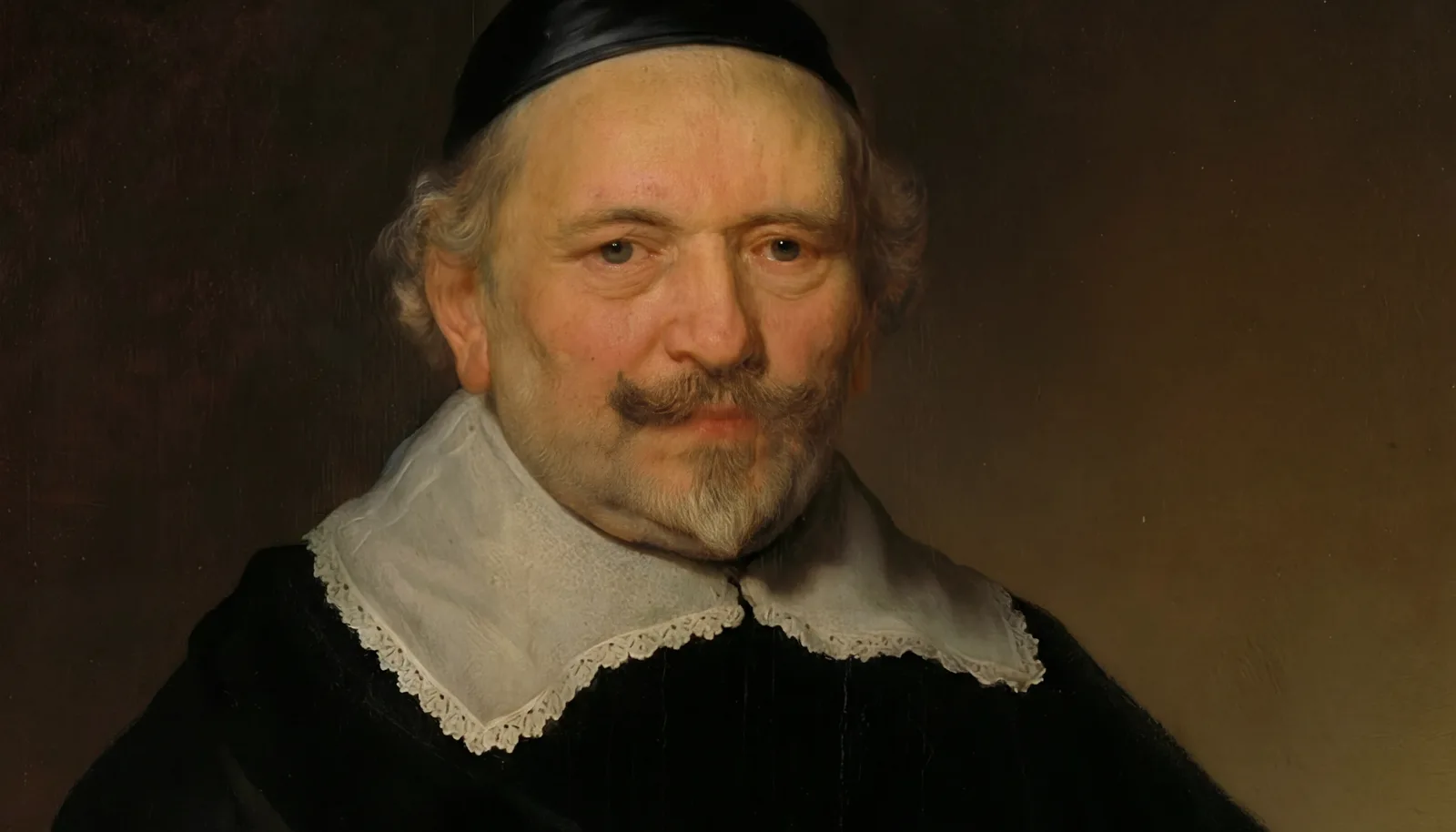
In early July 2025, the Dutch Parliament passed what many people are calling the strictest asylum laws the country has ever had. The goal of these big changes is to lower the number of people seeking asylum in the Netherlands and make it harder for them to stay. The law has already sparked national and international controversy, and it’s reshaping how the country deals with people fleeing war, disaster, and persecution.
Political Trouble That Led to the New Laws
These laws didn’t come out of nowhere. They came after the Dutch coalition government fell apart in a dramatic way in June 2025. The cabinet, which had been in power since 2023, included Geert Wilders’ far-right PVV, as well as the VVD, NSC, and BBB parties. Even though they all wanted to limit immigration, PVV pulled out and brought down the government because of disagreements within the party, especially about how quickly the reforms should happen. But before the summer recess, the remaining parties rushed to pass these laws because they knew that the national elections in October could completely change the political landscape.
A Two-Tier System for Asylum Seekers
One of the main changes is the creation of a two-tier asylum system. This new law puts asylum seekers into two groups. People who are being directly and personally threatened because of their religion, politics, or identity are placed in the more protected “Status A” category. In the meantime, people who are leaving because of general conditions like war or natural disasters are in “Status B.” The second group will now have fewer rights and be treated more like temporary guests. They will have faster return procedures and fewer chances to stay permanently. The goal is to give priority to people who are seen as “genuine” refugees, but critics say that the line between the two is often not very clear.
Stricter Rules and Less Security
The second major law, called the Asylum Emergency Measures Act, further tightens the system. It eliminates the possibility of permanent residency for asylum seekers and reduces the duration of temporary residency permits from five years to three. Additionally, it completely stops issuing new asylum visas, which legal experts caution may be against EU law. Additionally, the standards for family reunification are being greatly reduced. In the Netherlands, adult children and unmarried partners are no longer automatically allowed to join their family members in the Netherlands, which may cause years of separation for many families.
Criminalizing Kindness
The PVV’s last-minute change was one of the reform’s most controversial features. Helping undocumented migrants would become unlawful – even simple gestures such as providing food, shelter, or a cup of coffee may be considered a crime. Other groups, such as the CDA and NSC, were outraged by this idea and referred to it as “inhumane.” Justice Minister David van Weel has responded to the criticism by delaying the implementation of this rule until the Council of State, the nation’s top legislative advisory body, has had a chance to evaluate it.
Response from Cities and Civil Society
Not everyone has been happy with these new laws. Local governments and refugee support groups are warning of serious problems. Municipalities fear they will be compelled to implement rules that violate fundamental human rights, while organizations such as VluchtelingenWerk claim the reforms will negatively impact both Dutch society and refugees. Speaking out, UNICEF and other child welfare organizations have cautioned that the new regulations will disproportionately harm children, particularly those in foster care or separated from their parents.
Legal Issues Ahead
At the European level, the reforms may potentially encounter difficulties. In the Zimir case (Case C-662/23), the EU’s highest court recently ruled that countries cannot use administrative delays as an excuse to postpone asylum decisions. The Dutch government’s intention to freeze new permits may be jeopardized by that decision, and a number of experts believe legal challenges are imminent. The legislation has already drawn criticism from the Dutch Council of State for being badly drafted, poorly written and challenging to execute, raising the possibility that they won’t even accomplish their intended goals.
What is Next?
The future of these laws is far from assured. After the summer recess, it is possible that some aspects of the legislation may be blocked or changed due to growing opposition, particularly in the Dutch Senate. In the meanwhile, the October 29, 2025, national election will be a critical moment. Geert Wilders is hoping to turn it into a referendum on immigration, but some analysts think his aggressive approach could cost him support from more moderate voters.
The new rules have also drawn criticism from other countries. For example, Germany recently called on Dutch authorities to intervene following accusations of illegal border inspections by Dutch nationals. Critics fear that if the government’s tough-talking rhetoric persists, this type of vigilantism may expand.
Conclusion
It is obvious that the Netherlands is at a turning point in its approach to immigration and asylum. Although the goal of these new regulations is to appear tough and in control, they raise significant concerns about legality, morality, and long-term effectiveness. It is unclear if the nation will continue on this course or reevaluate how it strikes a balance between security and compassion in light of impending legal challenges, pressure on public services, and elections approaching.






